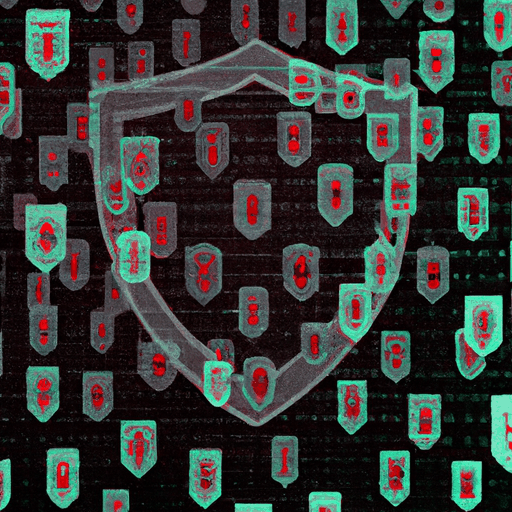
Learn Concept: Leveraged DeFi Platforms Under Threat from State-Sponsored Hacks
By: Isha Das
In recent years, Decentralized Finance (DeFi) platforms have emerged as a revolutionary facet of the financial sector, offering unprecedented levels of investor autonomy and potential upside. However, as recent developments with Hyperliquid suggest, these platforms also become targets for sophisticated cyberattacks, particularly state-sponsored hacking groups.
Understanding Leveraged Trading in DeFi
Leveraged trading in the DeFi sector allows users to magnify their positions using borrowed funds. This arrangement can exponentially increase potential profits but also carries heightened risks of significant losses. Hyperliquid, a layer-1 decentralized leveraged trading platform, has encountered vulnerabilities exposed by alleged North Korean hackers. These external threats emphasize the challenges DeFi platforms face in maintaining secure environments amidst burgeoning technological capabilities of cybercriminals.
Security Concerns and North Korean Hacks
The increasing frequency and sophistication of cyberattacks led by countries like North Korea pose grave concerns. DeFi platforms, by virtue of their open nature and significant liquidity, become prime targets. Reports indicate an alarming increase in suspicious transactions linked to North Korean hacking groups, highlighting potential vulnerabilities in Hyperliquid's infrastructure.
Effective security protocols, constant monitoring, and rapid response strategies are vital in safeguarding against such breaches. Moving forward, platforms like Hyperliquid must bolster their defenses and enhance their risk mitigation strategies to reassure users and attract further engagement.
Insights and Moving Forward
This situation underscores the urgent need for DeFi platforms to continually evolve their security measures to counteract sophisticated and state-backed cyber threats. Platforms must prioritize cybersecurity and form alliances with blockchain security firms to detect fraudulent activities promptly. Additionally, collaboration within the crypto ecosystem could foster the development of more resilient security frameworks, ultimately enhancing trust in decentralized systems.



